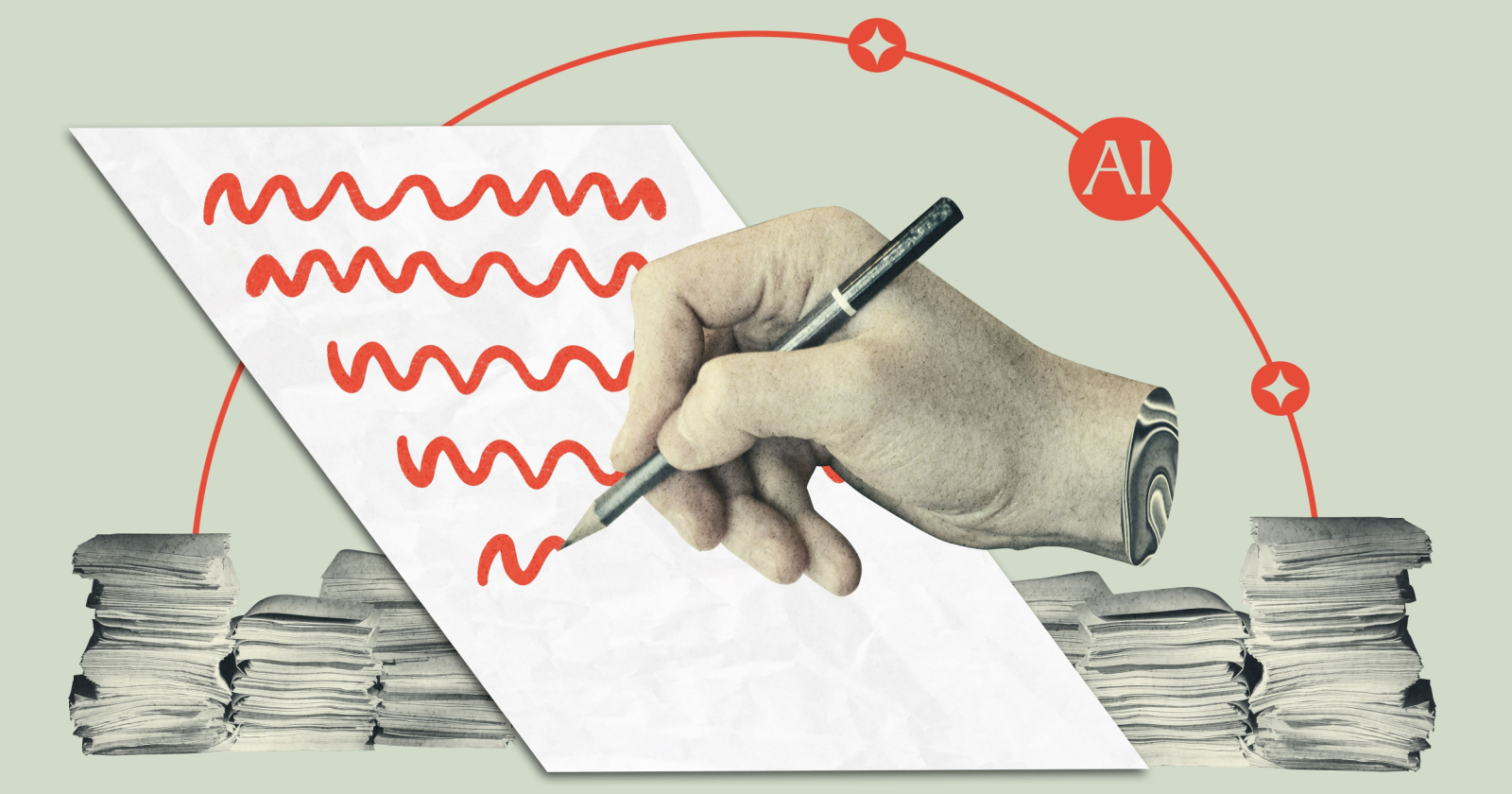DuckDuckGo now lets you filter AI-generated images out of your search results.
The new setting appears in image search and aligns with the company’s effort to make AI features “private, useful, and optional.”
What’s New
A new filter gives you more control over how much AI you see while using DuckDuckGo.
When you search in the Images tab, you’ll now see a dropdown menu labeled “AI images,” with the ability to show or hide AI-generated visuals.
DuckDuckGo shared an example on X:
New setting: hide AI-generated images in DuckDuckGo
Our philosophy about AI features is “private, useful, and optional.” Our goal is to help you find what you’re looking for. You should decide for yourself how much AI you want in your life – or if you want any at all. (1/4) pic.twitter.com/pTolmsEQlQ
— DuckDuckGo (@DuckDuckGo) July 14, 2025
DuckDuckGo says the feature won’t eliminate all AI-generated images but will “greatly reduce” their appearance by using open-source blocklists. These include uBlockOrigin’s “nuclear” list and the Huge AI Blocklist curated by uBlacklist.
You can also turn on the filter in your search settings under Hide AI-Generated Images, or go a step further by using a dedicated link: noai.duckduckgo.com. This version of DuckDuckGo automatically enables the image filter, disables AI-assisted summaries, and hides Duck.ai chat icons.
What This Means
While DuckDuckGo represents a smaller portion of the search market, its decision to offer an AI image filter reflects a preference among some users for how they engage with search engines.
This update may indicate interest in tools that distinguish between human and machine-generated content. For marketers and content creators, it’s a reminder that:
- User preferences vary: Not all audiences welcome AI-generated visuals, and some may actively filter them out.
- Original content still matters: As filters become more common, human-created content may hold more appeal for certain segments.
- Transparency can build trust: Clearly labeling AI-assisted content may help maintain credibility with users who care about content sources.
Why It Matters
This change lands amid growing scrutiny of AI-generated content across the web. While other search engines push deeper AI integration, DuckDuckGo is positioning itself as a platform where you can opt out.
Its use of community-maintained blocklists also reinforces its open-source-friendly and privacy-first philosophy. Using proprietary content detection systems could raise questions about transparency.
As generative AI becomes more common in search and content workflows, user control could emerge as a competitive differentiator. DuckDuckGo’s move signals that for some users, less AI might be more.
Featured Image: PJ McDonnell/Shutterstock






![Here’s how (and why) marketers are using AI-generated content [new data & tips]](https://www.hubspot.com/hubfs/top%20types%20of%20ai%20generated%20content%20in%20marketing.png)

